Compassion and morality are key tenets across the world’s religions, and yet, some faith leaders often turn a blind eye to animal exploitation. The feature-length documentary Christspiracy—the latest chapter in the Cowspiracy, What the Health, and Seaspiracy film series—aims to expose why religious leaders throughout the world disregard animal exploitation and the billions of animals slaughtered annually.
Co-directed by Kip Andersen (of Cowspiracy and What the Health fame) and Kameron Waters, Christspiracy is poised for a 2024 release date. The film explores the relationships between religions and animals through the lens of philosophy, sociology, and psychology. Ultimately, Christspiracy seeks to answer the question: “Is there an ethical way to kill an animal?”
Christspiracy
For five years, Andersen and Waters traveled across the world—making key stops in Rome, Italy; Jerusalem and Nazareth, Israel; New Delhi, India; Oxford, England; Gran Chaco, Paraguay; and Kathmandu, Nepal—to interview theologians, archeologists, Indigenous shamans, farmers, and more.
Through Christspiracy, the filmmakers unveil a “2,000-year coverup,” the teaser reveals. But ultimately, both Andersen and Waters hope the documentary encourages viewers to think critically about their own beliefs.
“We want [audiences] to walk away looking at themselves and asking, ‘What do I really align with?’ How are they treating others? Does ‘do unto others’ include animals? It’s really about asking more questions and continuing the conversation. This film is just the beginning; let’s branch this out,” Andersen tells VegNews. “And of course, we’d love them to walk out with a big dose of compassion for all beings.”
Table of Contents
‘Christspiracy’ and Netflix part ways
Set for release next year, Christspiracy has, at the time of writing, raised $384,530 on Kickstarter to aid with distribution and securing film rights.
Unlike most filmmakers, Andersen and Waters were faced with a unique dilemma: the co-directors were tasked with buying the film’s rights back from Netflix.
“We’re really super grateful toward Netflix for everything. We’ve partnered with them on the last three films,” Andersen explains. Despite the successful working relationship between Andersen and Netflix, the two simply didn’t see eye-to-eye when it came to the co-director’s newest documentary.
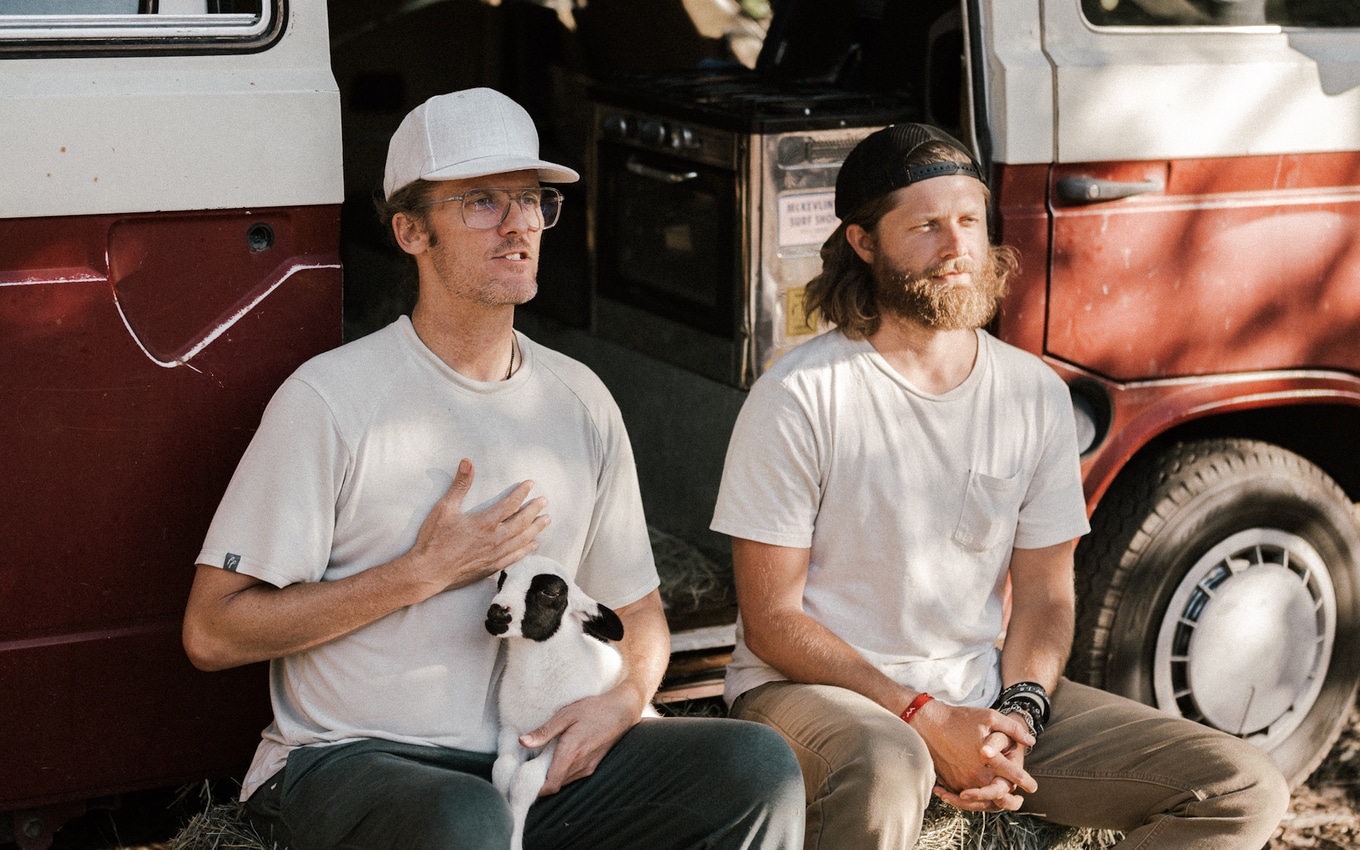
“Right off the board, [Christspiracy] is about a very challenging subject. As [Waters and I] got deeper into the story of Jesus and the Nazareths, we wanted to go deeper in that route […] exploring and revealing this 2,000-year coverup,” he says.
“Netflix felt very strongly. They wanted to take a different direction than we did. Netflix wanted to take key parts out that we felt were necessary to tell this story as it needed to be told. It became obvious neither of us were going to [compromise], and so we made the very, very difficult decision to part ways, release [Christspiracy] on our own, and get our film rights back,” Andersen explains.
Where to watch ‘Christspiracy’
After fundraising more than $300,000 in less than two weeks, the filmmakers have secured the film’s rights back from Netflix. Now, Andersen and Waters have a new stretch goal of $500,000.
Their eyes are also set on another ambitious goal: one billion views. To help reach their goal, the filmmakers aim to release Christspiracy in theaters, digitally via streaming services, and even places of worship. An original streaming platform is also in the works to help get the film in front of as many viewers as possible.
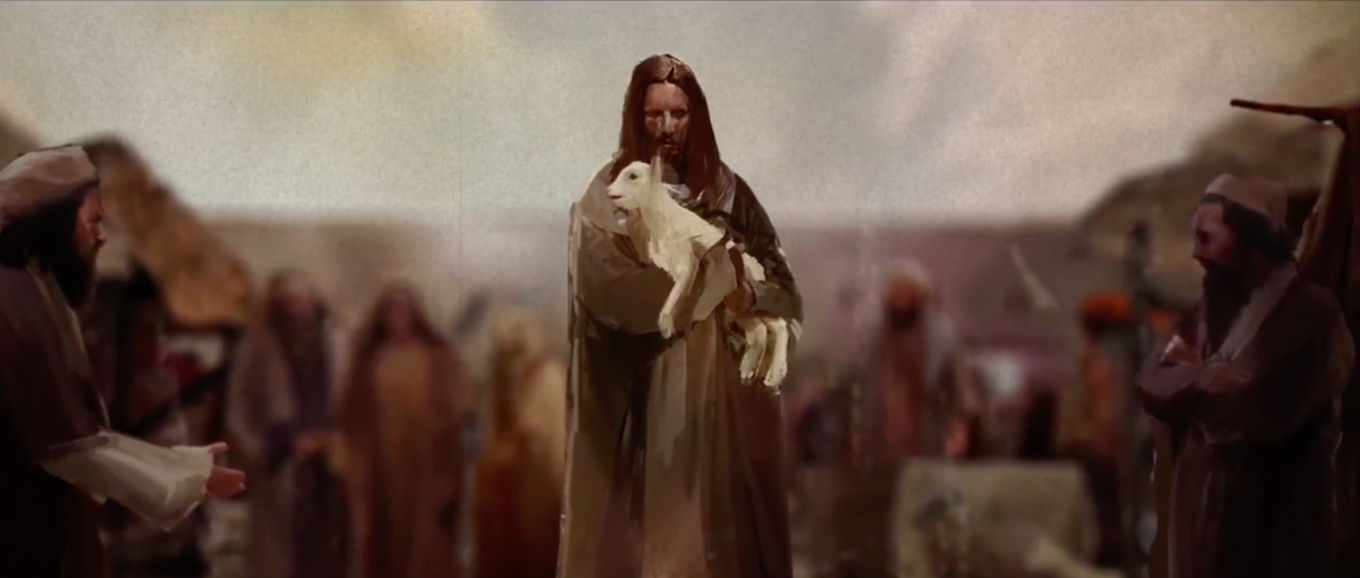 Christspiracy
Christspiracy
“We’re building our own platform to be able to release it,” Waters tells VegNews. “We’re releasing it everywhere on every platform, but we also want to have our own platform where it’s really accessible and also build community so that people can activate together on that platform.”
Additional funds raised via Kickstarter will also aid with marketing efforts, translations, and theater distribution packages. Donations can be made now through December 1, with the donation window officially closing at 5:24pm PST.
The making of ‘Christspiracy’
While Andersen and Waters have worked on Christspiracy for over five years, the seeds for the film were laid long ago.
In fact, the co-directors met at a Q&A screening of Andersen’s film Cowspiracy. A lifelong Christian, Waters began asking questions about animal ethics and religion after partaking in the Daniel Fast, a partial fast in which people abstain from animal products.
“It’s a biblical fast that a lot of Protestant Christians do, based on the prophet Daniel, who I learned about as a kid,” Waters explains. “If you’re an adult, and you’re drinking alcohol, you also remove that, but you go to simple foods, just plant-based whole foods. And while you do it, you pray and it’s a time to connect closer to God. And the reason why is because the prophet Daniel did the same thing.”
The prophet Daniel, Waters explains, was then tested by the king, who believed the fast was “ridiculous.”
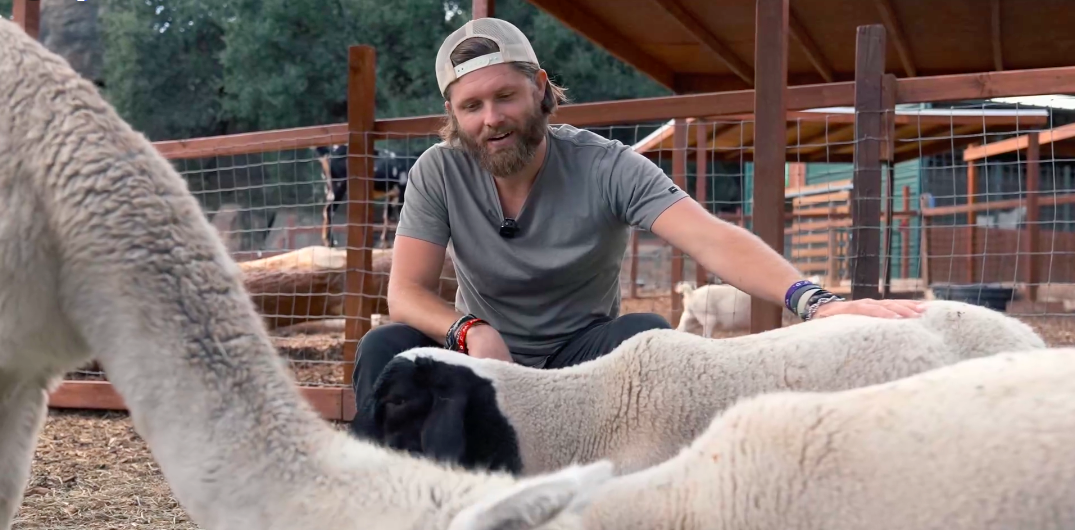 Christspiracy/Facebook
Christspiracy/Facebook
“The king tested Daniel against all the other people in the kingdom and he was healthier, stronger, and wiser than everyone,” Waters says. After following the fast himself, Waters, too, experienced a variety of benefits, both physically and spiritually.
He could physically feel the health benefits of the fast and also felt more connected to his spiritual path. However, this also raised ethical questions for Waters. “I felt more connected to my spiritual path […] but I also felt the ethical side and felt, ‘Yeah, I don’t want to be a part of harming other beings. That doesn’t seem very Christ-like.’ But then I was like, ‘Well, wait a minute. Didn’t Jesus eat fish? And supposedly he ate the lamb at the Passover. So how did Jesus do it?’”
Waters began looking for answers in religious scriptures and began posing his questions to religious experts. And when the chance came to ask Kip Andersen, Waters jumped at the opportunity.
Andersen himself was taken aback, and noted this “could be the missing piece to his previous films.”
While not a religious film (“It’s a film about religion,” Andersen differentiates), making Christspiracy has strengthened Waters’ spirituality. “I’m still very much a follower of Christ. But my understanding of his compassion has expanded,” he says.
Veganism and religion
Vegetarianism and plant-based eating have long been tenets of select religions, perhaps most notably in Jainism, Hinduism, and Buddhism.
Modern-day activists have also utilized religion as a means of advocating for vegan lifestyles. In 2019, vegan activist Genesis Butler urged the Pope to go vegan for Lent in exchange for a $1 million charity donation of his choosing. And just last month, author Jonathan Safran Foer visited the Vatican and urged humanity to reduce its meat consumption to help fight the climate crisis.
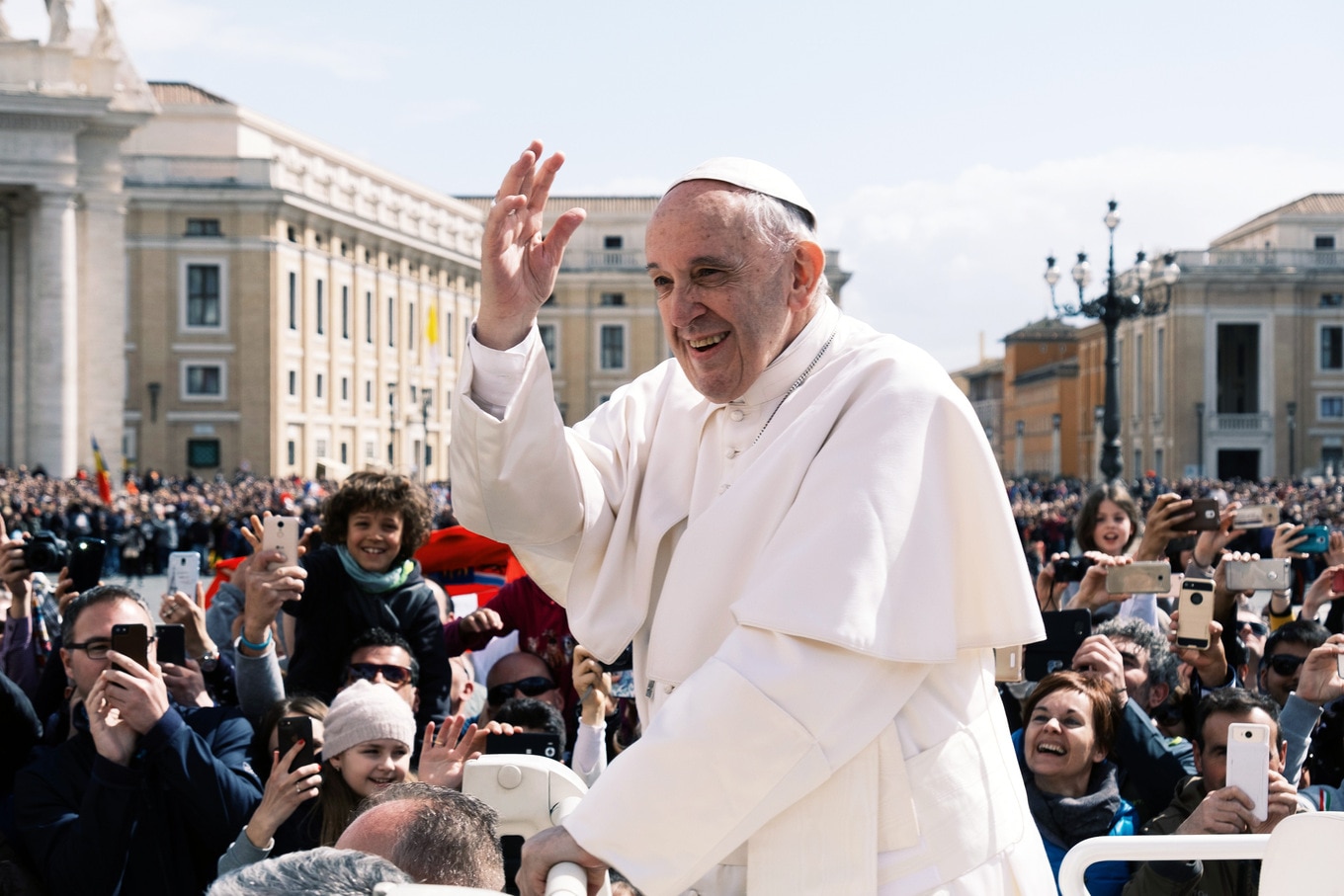 Unsplash
Unsplash
“If we accept the factual reality that we are destroying the planet and dooming future generations, but are unable to believe it and change our behaviors in meaningful ways, we reveal ourselves to be just another variety of denier,” Foer said in his speech.
“We would have no chance of achieving our goal of limiting environmental destruction if individuals don’t make the very individual decision to live differently: to drive and fly less, to eat less meat, and to do the hard work of believing in both the catastrophe we are creating and our capacity to avert it.”



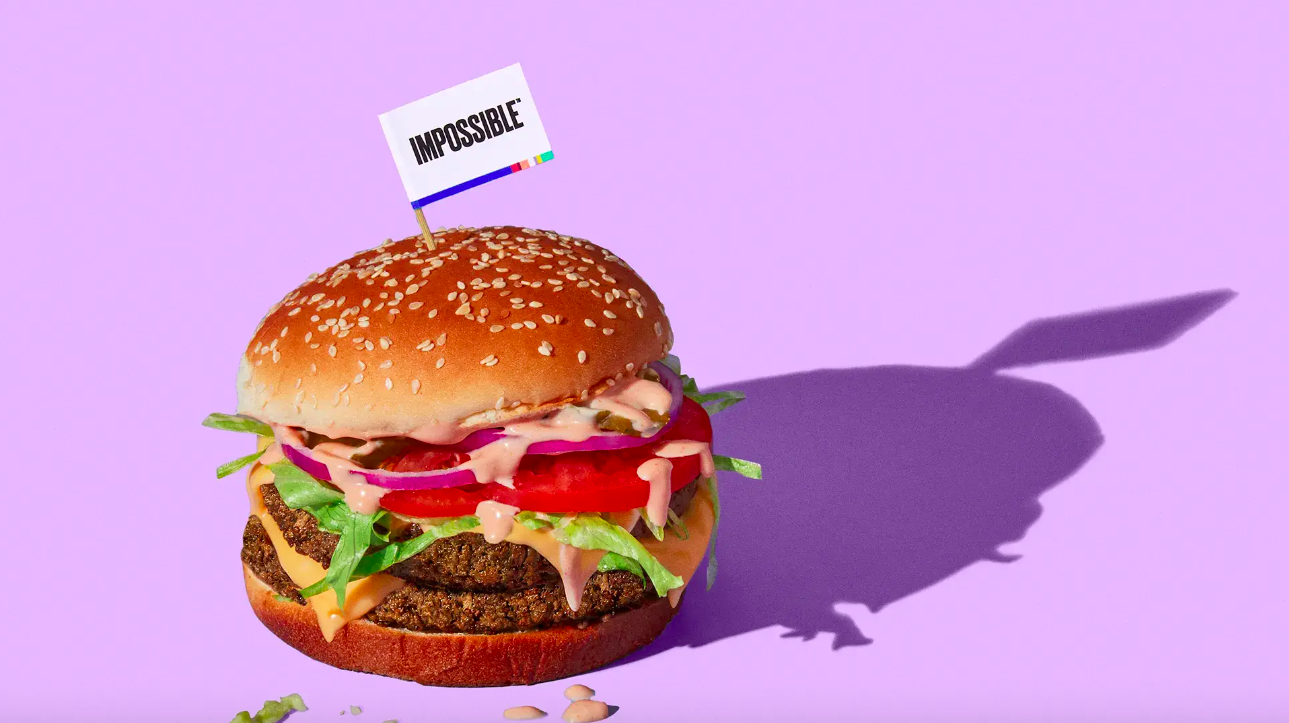



.jpg?sha=1491c255b49d3e03)